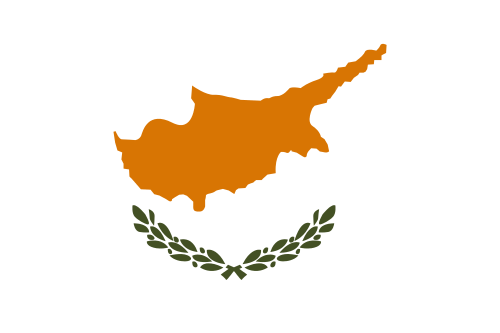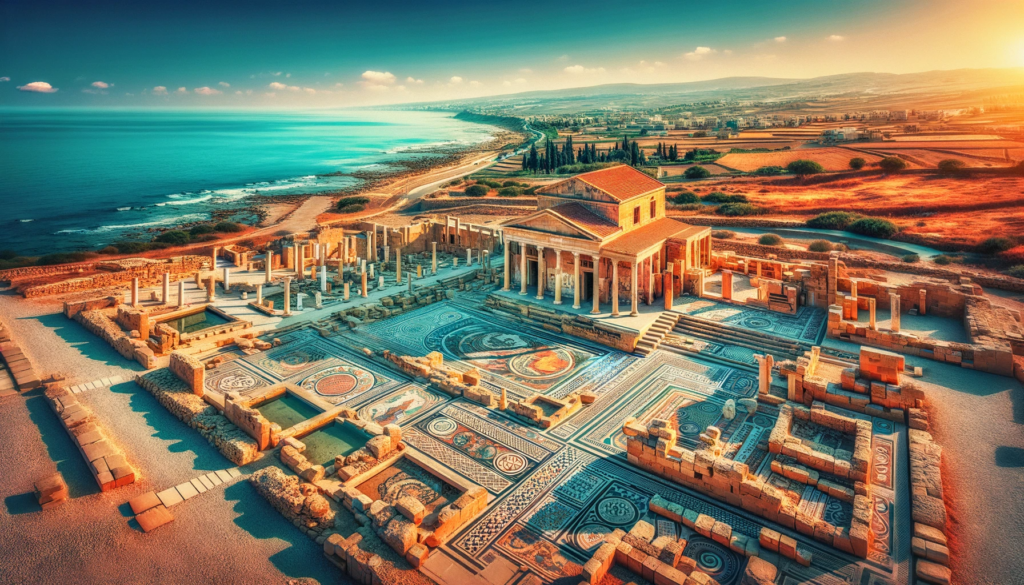Cyprus is a nation with a complex political landscape, rich cultural heritage, and diverse natural beauty. It continues to navigate challenges related to its division while capitalizing on its strategic location and cultural assets.
List of Bank Holidays in Cyprus for the year 2025
- New Year’s Day is on Wednesday, January 1st.
- Epiphany is on Monday, January 6th.
- Green Monday is on Monday, March 3rd.
- Greek Independence Day is on Tuesday, March 25th.
- National Day is on Tuesday, April 1st.
- Orthodox Good Friday is on Friday, April 18th.
- Orthodox Easter Sunday is on Sunday, April 20th.
- Orthodox Easter Monday is on Monday, April 21st.
- Labour Day is on Thursday, May 1st.
- Orthodox Whit Monday is on Monday, June 9th.
- Assumption Day is on Friday, August 15th.
- Cyprus Independence Day is on Wednesday, October 1st.
- Ochi Day is on Tuesday, October 28th.
- Christmas Eve is on Wednesday, December 24th.
- Christmas Day is on Thursday, December 25th.
- 2nd Day of Christmas is on Friday, December 26th.
- Green Monday (Kathara Deftera): Marks the beginning of the Orthodox Christian Lent.
- Ochi Day: Commemorates the Greek “No” to the Italian ultimatum in 1940, marking the beginning of Greece’s involvement in World War II.
List of Bank Holidays in Cyprus for the year 2024
- New Year’s Day – Monday, 1 January 2024
- Epiphany – Saturday, 6 January 2024
- Green Monday – Monday, 18 March 2024
- Greek Independence Day – Monday, 25 March 2024
- National Day – Monday, 1 April 2024
- Labour Day – Wednesday, 1 May 2024
- Orthodox Good Friday – Friday, 3 May 2024
- Orthodox Easter Sunday – Sunday, 5 May 2024
- Easter Monday (Orthodox) – Monday, 6 May 2024
- Orthodox Whit Monday – Monday, 24 June 2024
- Assumption Day – Thursday, 15 August 2024
- Cyprus Independence Day – Tuesday, 1 October 2024
- Ochi Day – Monday, 28 October 2024
- Christmas Eve – Tuesday, 24 December 2024
- Christmas Day – Wednesday, 25 December 2024
- 2nd Day of Christmas – Thursday, 26 December 2024

History
- Ancient Crossroads: Strategically located at the crossroads of Europe, Asia, and Africa, Cyprus has a history influenced by various civilizations including the Greeks, Phoenicians, Romans, Byzantines, Ottomans, and British.
- Independence and Division: Gained independence from British rule in 1960. In 1974, Turkey invaded the northern part of the island, leading to the division of Cyprus into the predominantly Greek Cypriot south and the Turkish Cypriot north.
- Ongoing Reunification Efforts: Efforts to reunify the island have been ongoing, with the Republic of Cyprus controlling the southern two-thirds and the Turkish Republic of Northern Cyprus (only recognized by Turkey) controlling the north.
Geography
- Island Nation: The third largest island in the Mediterranean Sea, featuring mountain ranges, fertile plains, and beautiful beaches.
- Climate: Predominantly Mediterranean climate with hot, dry summers and mild, wet winters.
Culture
- Rich Cultural Heritage: Reflects a blend of Greek, Turkish, and Middle Eastern influences. Known for its historic sites, Byzantine churches, and ancient ruins.
- Arts and Music: Has a strong tradition in music, dance, and visual arts. The Cypriot cuisine is also a fusion of different culinary traditions, famous for dishes like halloumi cheese and meze platters.
Economy
- Diverse Economy: Tourism is a major sector, bolstered by the island’s natural beauty and historical sites. Other important sectors include services, shipping, and real estate.
- Economic Challenges: The Republic of Cyprus faced a financial crisis in 2013, leading to significant economic reforms. The economy of Northern Cyprus is smaller and heavily dependent on Turkey.
- Energy and Resources: Recently, there have been significant discoveries of natural gas in Cypriot waters, offering potential economic opportunities.
Society
- Population: The island is divided into a Greek Cypriot community in the south and a Turkish Cypriot community in the north. There’s also a mix of other nationalities, including British expatriates.
- Languages: Greek and Turkish are the official languages. English is widely spoken, especially in tourist areas.
- Education and Healthcare: Both the Republic of Cyprus and Northern Cyprus have well-developed education and healthcare systems, although resources are more limited in the north.
Environmental Focus
- Biodiversity and Conservation: Home to unique flora and fauna, with efforts to protect its natural habitats and biodiversity, particularly in the Troodos Mountains and along the coast.
- Environmental Challenges: Challenges include water scarcity, coastal erosion, and the need for sustainable tourism practices.
Government and Politics
- Republic of Cyprus: A presidential republic with a multi-party system. It is a member of the European Union.
- Northern Cyprus: Self-declared state, recognized only by Turkey. Has its own government and political structure.
- International Diplomacy: The reunification of Cyprus remains a significant issue in international diplomacy, with involvement from the United Nations and the European Union.

Tourism
- Attractions: Offers a blend of beach resorts, ancient archaeological sites, and mountainous scenery. Popular destinations include Paphos, Limassol, and the divided capital Nicosia.
- Cultural Tourism: Rich in cultural heritage, with UNESCO World Heritage Sites like the Painted Churches in the Troodos Region and the ancient city-kingdoms of Paphos.
Challenges and Future Outlook
- Reunification Prospects: The political situation and prospects for reunification continue to be a central issue for the island’s future.
- Economic Development: Focused on sustainable economic growth, diversifying the economy, and capitalizing on energy discoveries.
- Social Cohesion and Integration: Working towards greater social cohesion and integration, both within and between the Greek Cypriot and Turkish Cypriot communities.

